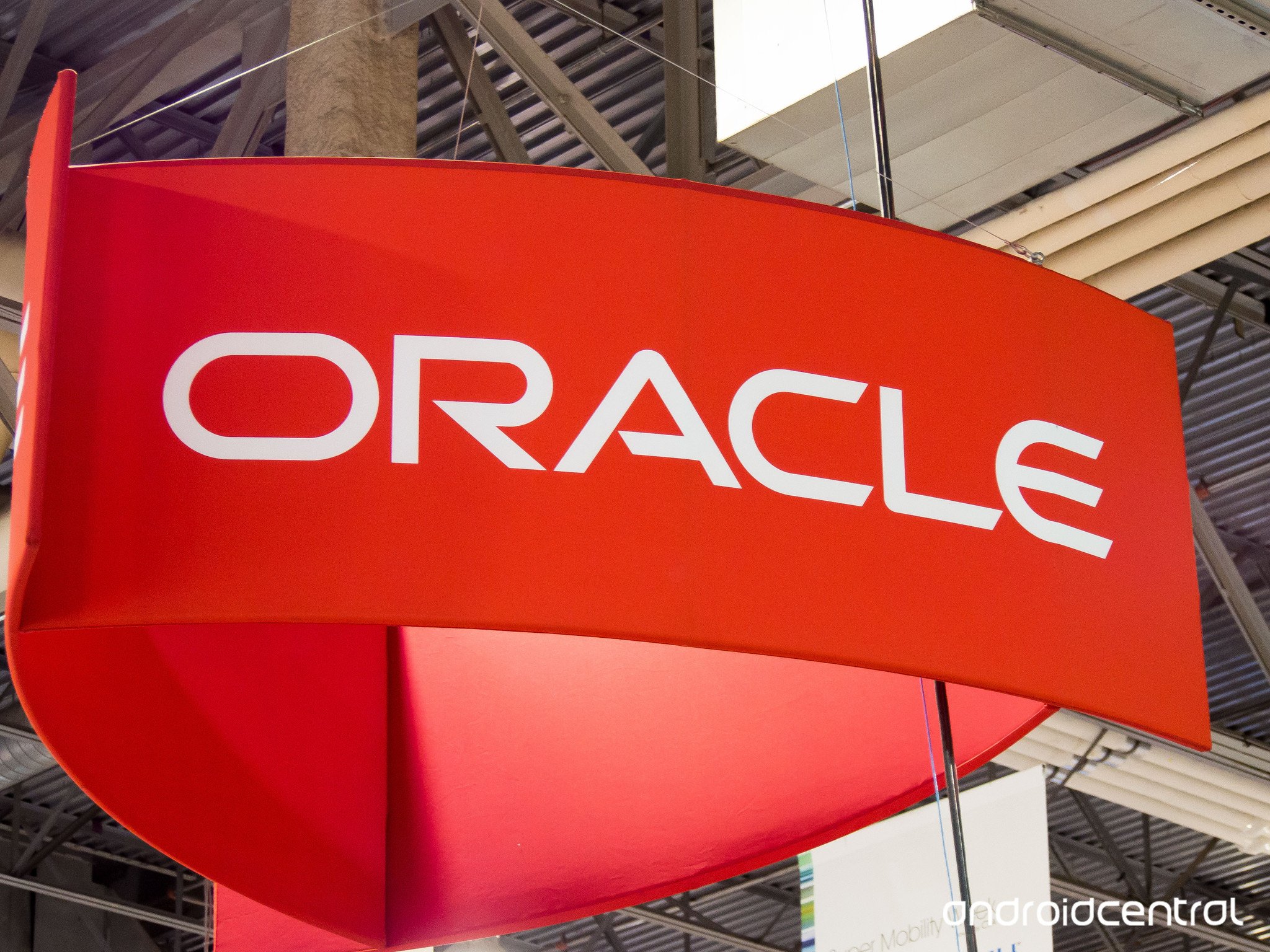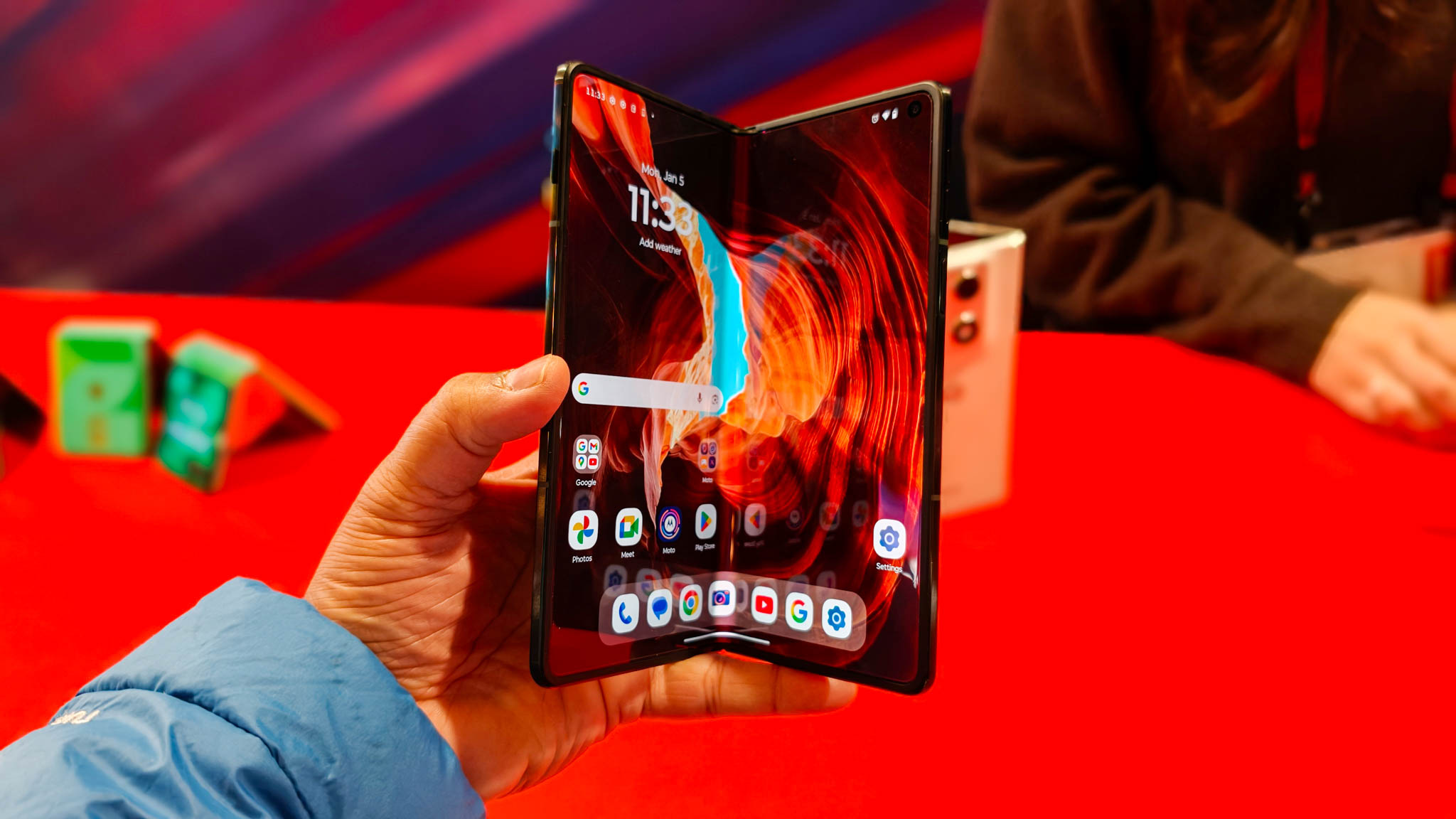Google wins legal fight with Oracle, jury rules for fair use of Java in Android

A jury has ruled for Google in its court fight against Oracle over the use of the company's Java API in Android. The jury agreed with Google's view that Android's use of Java was covered under the fair use clause.
CNBC posted the ruling on its Twitter feed:
BREAKING: Jury rules in favor of Google on fair use in Oracle court battle.BREAKING: Jury rules in favor of Google on fair use in Oracle court battle.— CNBC Now (@CNBCnow) May 26, 2016May 26, 2016
The verdict is just the latest chapter in the battle between the two tech company. Oracle first filed its lawsuit against Google in 2010, claiming that Android's use of Java violated its patents. In 2012, another jury ruled in favor of Google, but in 2014, a Federal Circuit appeals court decision ruled that the case go back to district court, claiming that Oracle did in fact have copyright protection of their Java APIs.
Sun Microsystems — the original authors and copyright holders of Java — had previously expressed reluctant approval of the way Android was using and implementing Java APIs, which essentially created a new and unique product. This is a practice many developers use with APIs, which are developed and designed to be able to reuse code as well as interface one software function or feature with another. After Oracle purchased Java from Sun Microsystems, Oracle had a different outlook on what had been done as well as the way it was done.
After the overturning of U.S. District Judge William Alsup's ruling that APIs can't be copyrighted, Google claimed that what they had done should be considered "fair use" and still legal under the ruling of the appellate court. Today's ruling supports Google claims, but this isn't over quite yet. Reporters on the scene say that Oracle is already preparing an appeal, and Dorian Daley, Oracle's general counsel, made the following statement:
We strongly believe that Google developed Android by illegally copying core Java technology to rush into the mobile device market. Oracle brought this lawsuit to put a stop to Google's illegal behavior. We believe there are numerous grounds for appeal and we plan to bring this case back to the Federal Circuit on appeal
While we await the outcome of any appeal process, developers can breathe a sigh of relief. While court decisions still find that APIs are subject to copyright, the first high-profile case supports fair use laws and allows the APIs to be used as intended. Had this case went the other way, much of the software we all use today would be subject to lawsuits and damage awards over code that has been reused by almost everyone since the 1970s. A different ruling might have hampered innovation across the board — not just with Android.
For now, things are almost back to normal. When the appeal process starts, we'll pay attention again.
Get the latest news from Android Central, your trusted companion in the world of Android

